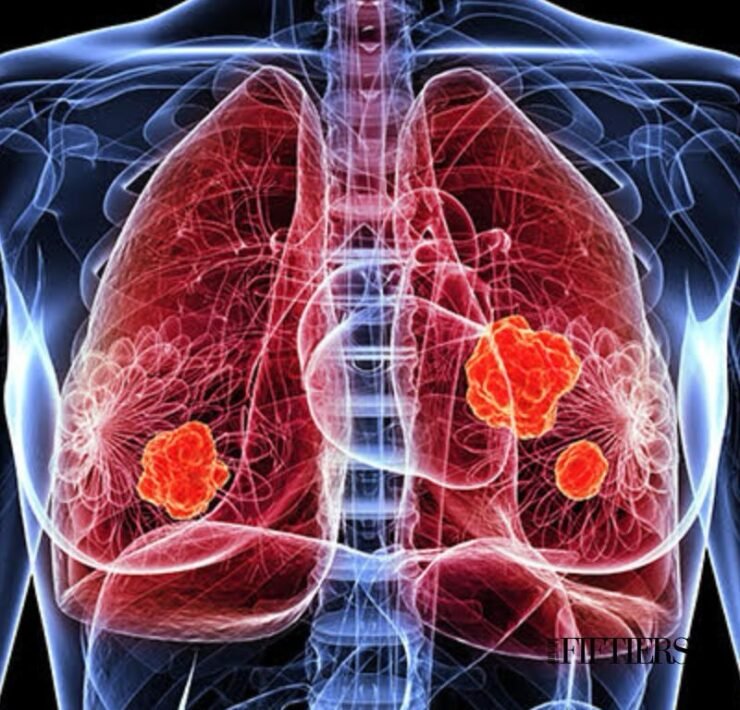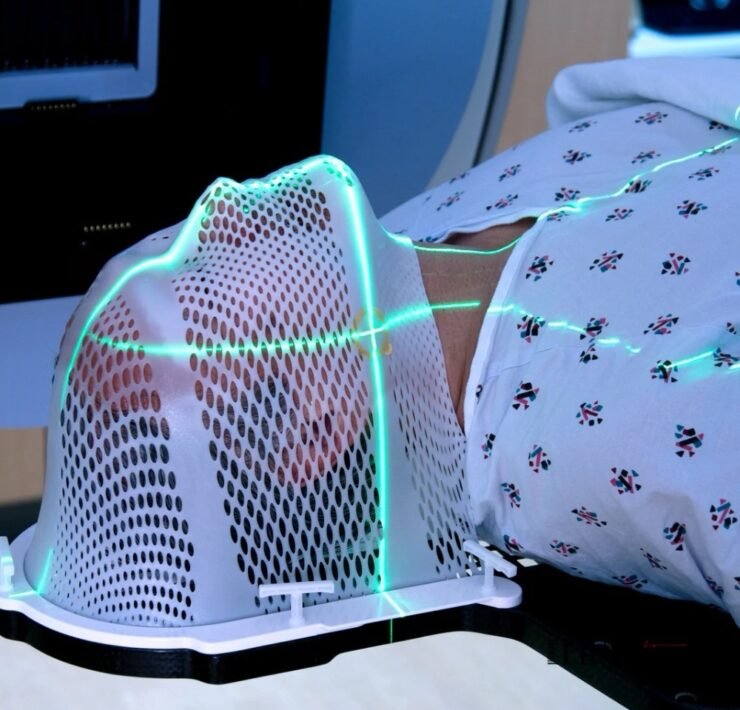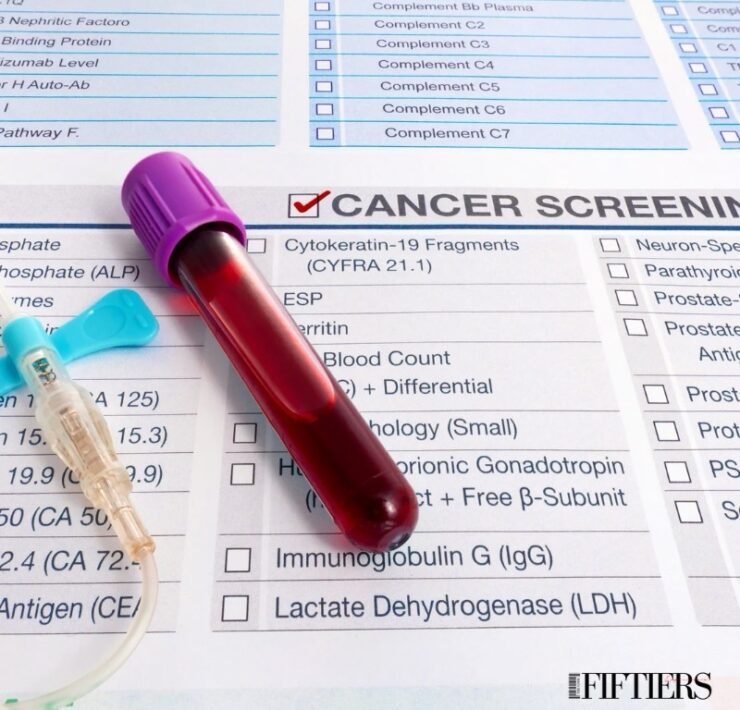AI in telemedicine for monitoring cancer patients

FIFTIERS | Life Begins at 50. La vida comienza a…
Artificial Intelligence (AI) technology has revolutionized the way healthcare is delivered to cancer patients. Telemedicine, which involves the use of communication technologies to provide remote medical care, is an area where AI has had a significant impact. AI can help doctors monitor cancer patients more effectively and personally, which can improve health outcomes and quality of life.
Benefits of AI in Telemedicine for Monitoring Cancer Patients
AI can provide several benefits in telemedicine for monitoring cancer patients, including:
- Remote monitoring: AI can analyze patient data and detect any changes in their health condition, allowing doctors to intervene in a timely manner.
- Data analysis: AI can analyze large amounts of patient data, including medical records, MRI images, and lab results, to identify patterns and trends that can help doctors make informed decisions.
- Decision support: AI can provide doctors with evidence-based recommendations and best practices for treating cancer patients.
- Patient communication: AI can help doctors communicate effectively with patients by providing personalized and up-to-date information about their health condition and treatment.
Applications of AI in Telemedicine for Monitoring Cancer Patients
AI is being used in a variety of applications in telemedicine for monitoring cancer patients, including:
Early detection of cancer recurrence is crucial for improving patient health outcomes. AI can help detect cancer recurrence by analyzing medical imaging data and other health information. For example, AI can analyze MRI images to detect any changes in the size or shape of a tumor.
- Detection of cancer recurrence: AI can analyze patient data to detect any changes in their health condition that may indicate cancer recurrence.
- Symptom tracking: AI can help doctors monitor patients’ symptoms and adjust treatment as needed.
- Monitoring kidney function: AI can assist doctors in monitoring patients’ kidney function and adjusting treatment accordingly.
- Cancer genetics analysis: AI can help doctors analyze the genetics of cancer and determine the best course of treatment.
Challenges and Limitations of AI in Telemedicine for Monitoring Cancer Patients
Although AI has the potential to revolutionize telemedicine for monitoring cancer patients, there are also challenges and limitations that need to be addressed. Some of the challenges and limitations include:
- Data quality: AI requires high-quality data to function effectively. However, health data can be incomplete or inconsistent, which can affect the accuracy of AI recommendations.
- Privacy and security: AI may require access to patients’ personal and sensitive data, raising concerns about privacy and security.
- Cost: Implementing AI in telemedicine can be expensive, which may be a barrier for some healthcare institutions.
- Regulation: AI regulation in telemedicine is an evolving area, and it is important to ensure that AI solutions comply with health regulations and standards.
The Future of AI in Telemedicine for Monitoring Cancer Patients
The future of AI in telemedicine for monitoring cancer patients is exciting and full of possibilities. As technology continues to advance, we are likely to see more sophisticated and personalized AI solutions for monitoring cancer patients. Some trends expected in the future include:
- An increase in the use of AI for health data analysis and early detection of cancer recurrence.
- A greater focus on personalized treatment and healthcare for cancer patients.
- An increase in the use of virtual and augmented reality to enhance patient experience and healthcare delivery.
- A stronger emphasis on collaboration between doctors, patients, and families to improve health outcomes and quality of life for cancer patients.
AI has the potential to revolutionize telemedicine for monitoring cancer patients, and it is important to continue researching and developing AI solutions to enhance healthcare and patient outcomes. With technological advancements and collaboration between doctors, patients, and families, a brighter future for cancer patients is likely.
Discover more from FIFTIERS
Subscribe to get the latest posts sent to your email.


















